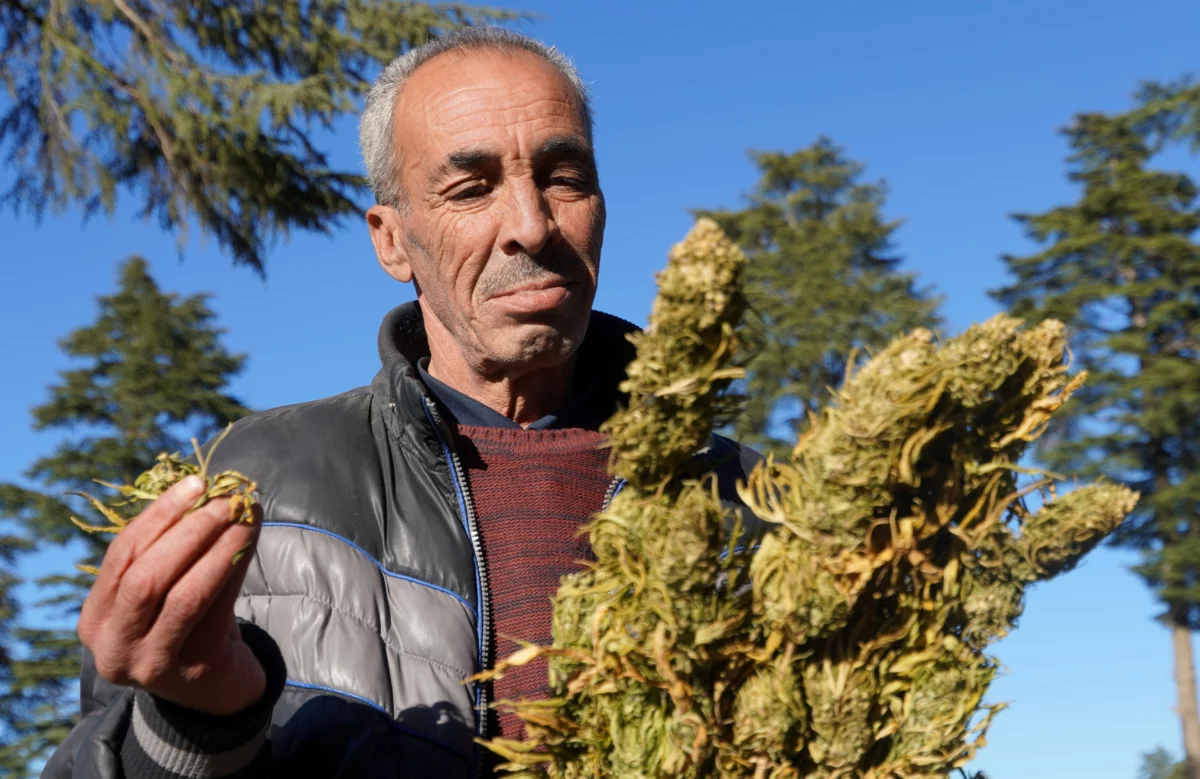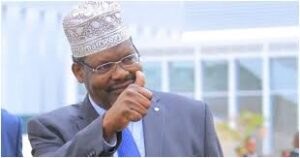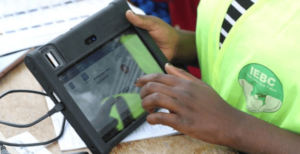King Mohammed VI of Morocco has forgiven nearly 5,000 traditional cannabis farmers, who were convicted or wanted for offences related to illegally growing the herb, commonly known as Bangi or Weed in Kenya.
This move aims to motivate them to engage in lawful cannabis cultivation, the justice ministry said in a statement on Monday.
Since 2021 Morocco has allowed the cultivation, export and use of the drug for medicine or in industry, but its recreational use remains illegal
Released on the Revolution of the King and the People Day, this act of mercy provides a fresh beginning to small-scale growers who were previously convicted or prosecuted for illegal cannabis cultivation.
The pardon by King Mohammed VI would encourage farmers “to engage in the legal process of cannabis cultivation to improve their revenue and living conditions,” Mohammed El Guerrouj, head of Moroccan cannabis regulator ANRAC, told Reuters.
Nearly a million people live in northern Morocco, where cannabis is the main gig. It’s been grown and smoked there for ages, usually mixed with tobacco in those classic long-stemmed pipes with clay bowls.
Morocco is also seeking to tap into a growing global market for legal cannabis and awarded 54 export permits to its farmers last year.
The ban on marijuana and other psychotropic drugs can be traced back to international drug control efforts originating from the 1912 Hague Opium Convention.
Over the next fifty years, the initiative broadened to impose restrictions on various substances, while African countries, then under European colonial rule, had minimal input in these decisions.
This is despite the widespread farming and use of crops like marijuana on the continent before colonisation.
















